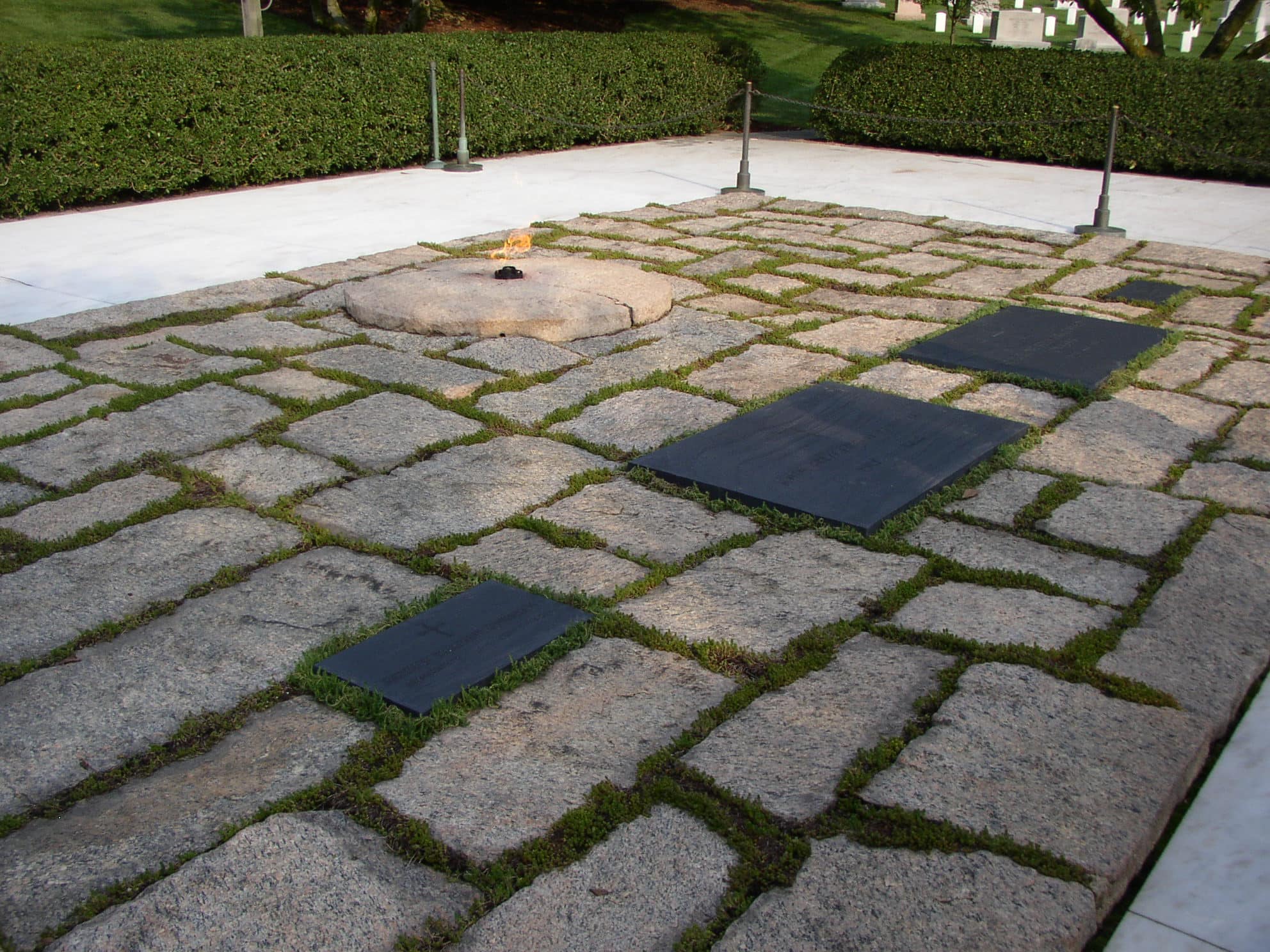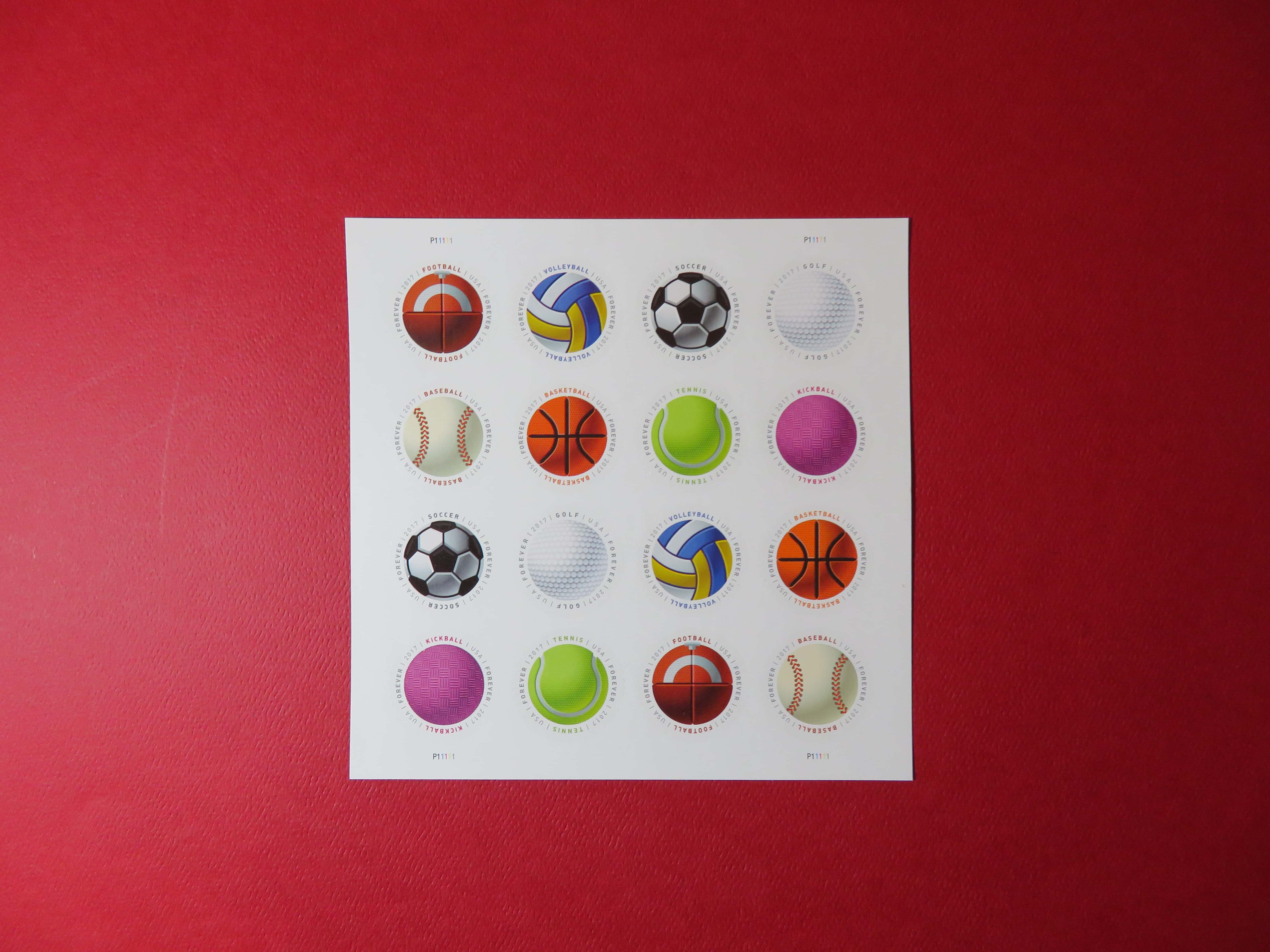More than a victory
He turns left. He dribbles the ball into the lane. He fakes right. He jumps up. He beats the buzzard. He scores. The game is over. The legend has fallen! The young upstart has finally pulled off the upset. It was the most memorable basketball game of my entire life.
He moved his pawn up one spot. His opponent counters that move by sliding his bishop diagonally four spaces. He takes a few moments to think about his next move. He sees it. With this move he knows that it will be checkmate in four moves. He is very excited because he has never beaten this opponent before. He moves his knight up two spaces and over one. “Check!” he exclaims.
The opponent looks over the board to review his options. Suddenly the opponent realizes that his reign over this opponent is about to end. His breathing becomes heavier and it is almost like steam is coming out of his brow. His opponent just can’t stand the thought of losing. The opponent flips the board over and the chess pieces go flying. He still knows he beat his opponent even if he didn’t actually get to make the move and say, “Checkmate!”
It often surprises people when they first find out that I am intensely competitive. What may surprise them even more is that my competitiveness is not driven by victory. True, I do get a little upset when the rules change in the middle of a game or someone fails to tell me all the rules until I am ready to make a move that is “illegal.” I will also get upset, sometimes, during a “friendly” game, when the opponent will try to take advantage of a much weaker member of the team I am on just so they can win the game.
So if winning isn’t what drives my competitiveness and I have a few quirky things that upset me during a competition, what is it that actually drives my competitiveness? Believe it or not, I am driven to do my best. I know that sounds like a cliché, but it is the honest truth. It is a switch I just don’t know how to turn off while I’m competing. When I am competing I almost find it impossible not to be my best or give it my best.
The first story I told above is from my youth. Some of my father’s greatest memories, from his youth, were when he played basketball in high school. He wanted his eldest son to be just as good as he was. My Dad would play basketball with me all the time to make sure I improved my basketball skills. I never had the height, nor his talent, when he was younger, so I probably never lived up to his expectations for me on the court.
But that day was different. It was the first time I ever beat my Dad in a game of one-on-one. I lived for that moment. Now it was here. The sad part was that my Dad never played another game of one-on-one with me. He knew the moment had come when his victories would be fewer and fewer and he didn’t want to enter that territory.
The second story is the story of my first victory over my Dad in a game of chess. My Dad was a very good teacher, but there seem to be a little thorn in his side when he was too good of a teacher. My Dad loves winning and he hates losing.
I don’t ever remember my Mom playing any games. What I do remember is that she was always an encourager. She would look for any tools she could find to help me be better at whatever I was interested in. I don’t believe she ever encouraged anyone to let up on me. Rather, she encouraged me to look for ways to improve with my defeats. She would also see my weaknesses and work with me to improve on them so they would be weaknesses no longer.
PJ was the youngest of five children. His Irish Catholic parents immigrated from New Ross, County Wexford, but they were married in Boston. Ten months after PJ was born, his father died during an infectious cholera epidemic. PJ, as the only surviving male child, was the first in the family to receive a formal education.
In the 1880s, PJ would open a saloon with money he had saved by working on the Boston Docks. Eventually he would open a second saloon on the East Boston docks. With business being good, he decided to branch out and open a third bar in the upper-class neighborhood of Boston in the upscale Maverick House. Next he was able to purchase a whiskey-importing business.
PJ was now financially set, so he turned his attention to politics. He would be elected to five terms in the Massachusetts House of Representatives and three terms in the Massachusetts Senate. He was even invited to St. Louis to give a seconding speech at the Democratic Convention for Grover Cleveland.
PJ would marry Mary Augusta Hickey and they would have four children.
“Honey Fitz” was also born in Boston. He was also born to Irish immigrants. He was the fourth of twelve children. Only three, including Fitz, survived in good health. Fitz’s mother would die when he was sixteen years old.
Fitz’s father wanted him to become a doctor. His Dad would send him to Boston Latin School, Boston College, and Harvard Medical School. Fitz would withdraw from Harvard after one year because his father died.
Fitz would become a clerk at the Customs House in Boston and he would also be very active in the local Democratic Party. Fitz would eventually become a member of the Boston Common Council, the Massachusetts Senate, the US House of Representatives, and he would become the mayor of Boston. He would lose races for the US Senate and the Massachusetts Governorship.
Fitz would marry his second cousin Mary Josephine “Josie” Hannon and they would have six children together.
Fitz and PJ were political rivals. They say politics makes strange bed fellows. That could probably be said of these two. PJ’s son, Joseph, and Fitz’s daughter, Rose would marry. Joseph and Rose would have nine children together.
One of my father’s favorite expressions is, “Anytime you put J-O-B in front of it, you ruin all the fun.” I’m sure this Bible character probably felt this way about his job. He was a fisherman and probably a pretty good one at that. He probably enjoyed fishing since his youth, but now that it was his occupation, it wasn’t so much fun anymore.
One day someone came by and offered him a new job. “I always said I would leave this stinking job if something better came along and now it has,” he said. “See you later Dad (who happened to also be his boss),” he said as he jumped off the boat. Yes, he was going to leave this loser job and become a real winner.
His new boss was determined to make him the winner he wanted to be. He even tried to build up the assignment as: “You have fished for fish your whole life, but now I am going to make you a fisher of men.” Time and again this former fisherman seemed to fumble the ball more than he carried it across the goal line. Still the boss never gave up on him.
When Jesus died on the cross, Peter, the ex-fisherman, did what a lot of us do when we get beat. He quit. He went back to his “loser” job of fishing. As Jesus stood on the shore He watched His loser try to catch fish. This loser was even failing at this, the thing he used to be so good at. Despite his best efforts, there were no fish in his nets. Jesus could have thought about all that work He invested in Peter and just kept going down the shore. He could have called out to Peter to come to shore so he could asked him why he quit on the task He gave him.
But Jesus did something really interesting. He told Peter and the other fishermen to cast their nets on the other side. There were more fish than they knew what to do with. Why was it so important for Peter to catch all those fish?
I think Jesus wanted to teach Peter what true victory really was. Victory was about not giving up. Victory was about not leaving a single fish, or man, behind.
She gave me the evil eye. To her it was only a game. “Look, four in a row!” I exclaimed. My poor grandson thought he was going to show his old grandpa how to play Connect Four. It wasn’t meant to be. My wife mouthed the words, “Let him win.” It wasn’t in my nature. He already had enough people teaching him how to win. How would he learn to handle defeat if he won every time he played something? How would he ever learn to do better if he is always “better than” everyone he plays?
Joseph, PJ’s son, was a very successful businessman and he knew how to work the political system to his advantage. Over time Joseph would use his influence and high placed connections to become the Chairman of the newly established Securities and Exchange Commission, Chairman of the newly established Maritime Commission, and US Ambassador to the United Kingdom. But Joseph understood that there was one very important trophy missing from his family heritage mantel: the Presidency.
Joseph would put all his muscle into getting his eldest son, Joseph, Jr., to the Presidency. Joseph, Jr. would join the US Navy as an aviator. Joseph, Sr.’s, dreams for his eldest son would end when Joseph, Jr.’s plane would explode over the English Channel, killing him.
Heartache must have covered Joseph, Sr.’s soul. Not because he saw the end of his family’s hopes of gaining the Presidency, but because this was his oldest son. His son was too young to die. He had so much promise. It is very easy to see why Joseph, Sr. might give up on his dream. After all, dreams only cause heartaches.
Joseph, Sr. was no quitter, though. He would turn those hopes for the Presidency toward his second son: John Fitzgerald Kennedy. JFK would become our thirty-fifth President. Most historians credit JFK’s father with handing him the 1960 election and the Presidency.
My parents were a nice one-two punch in showing me how to handle competition. My Father taught me how to win. My Mother taught me how to be a winner. She taught me the importance of learning from my defeats and to be gracious in them. Now, when victory slips through my hands I try to learn from them and I try to do even better the next time. I also always try to acknowledge my opponent was better than I was. That is, at least until the next time I compete against him.
When defeats come, no matter what the reasoning, it is not usually a pleasant experience. When we lose, it’s natural not to want to play anymore. It’s natural to want to find a weaker opponent to play. It’s natural to want to look for excuses. It’s natural to want to flip over the chess board. What separates winners from losers is that winners overcome those “wants” that seem so “natural.” Winners learn from their losses. They try to get better. They don’t get upset about defeats. Most of all, they never give up.
Prayer: Dear Mighty Father, Please help me to always be the winner You want me to be, even in my defeats. Let my life be the victory You want it to be. Amen.



